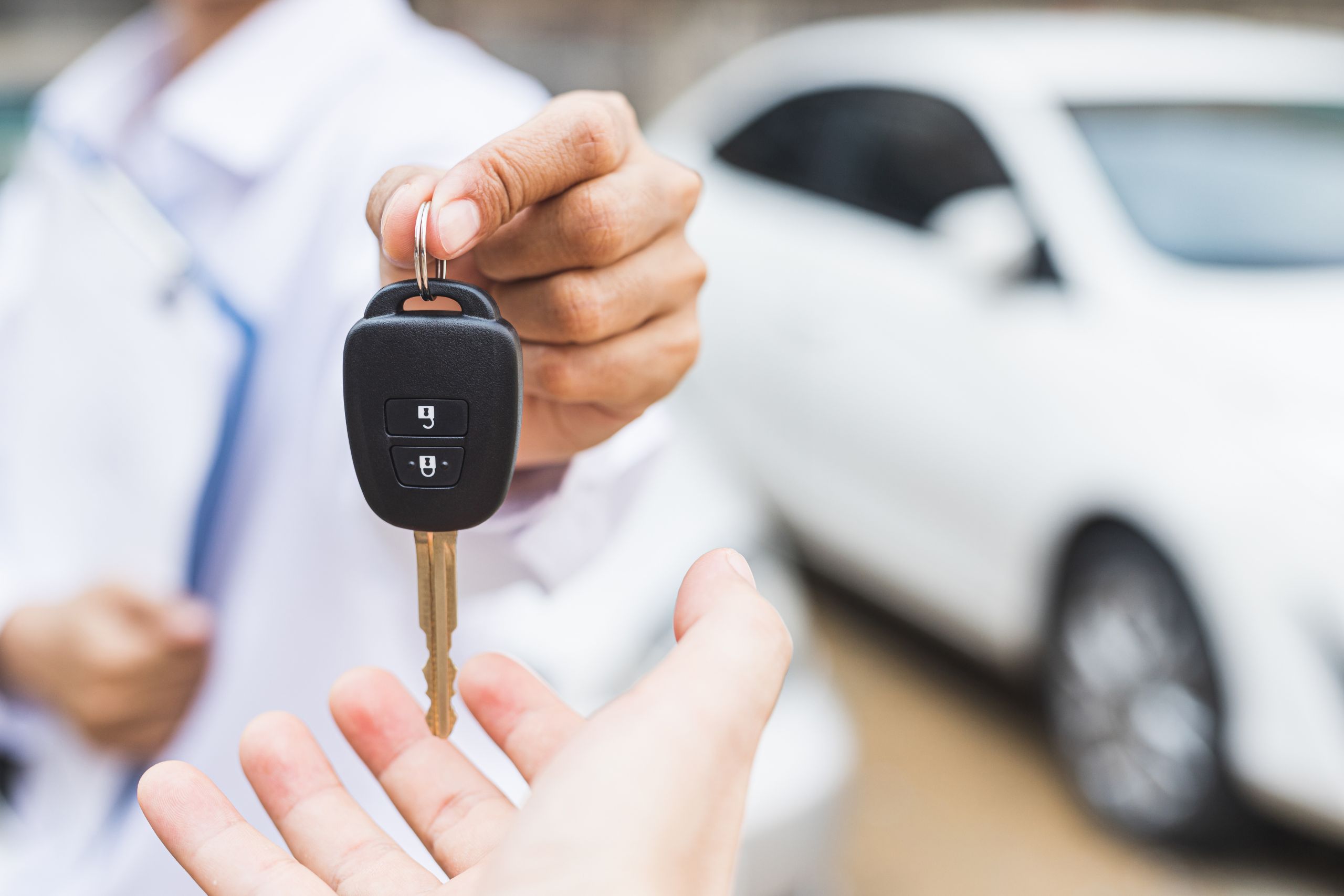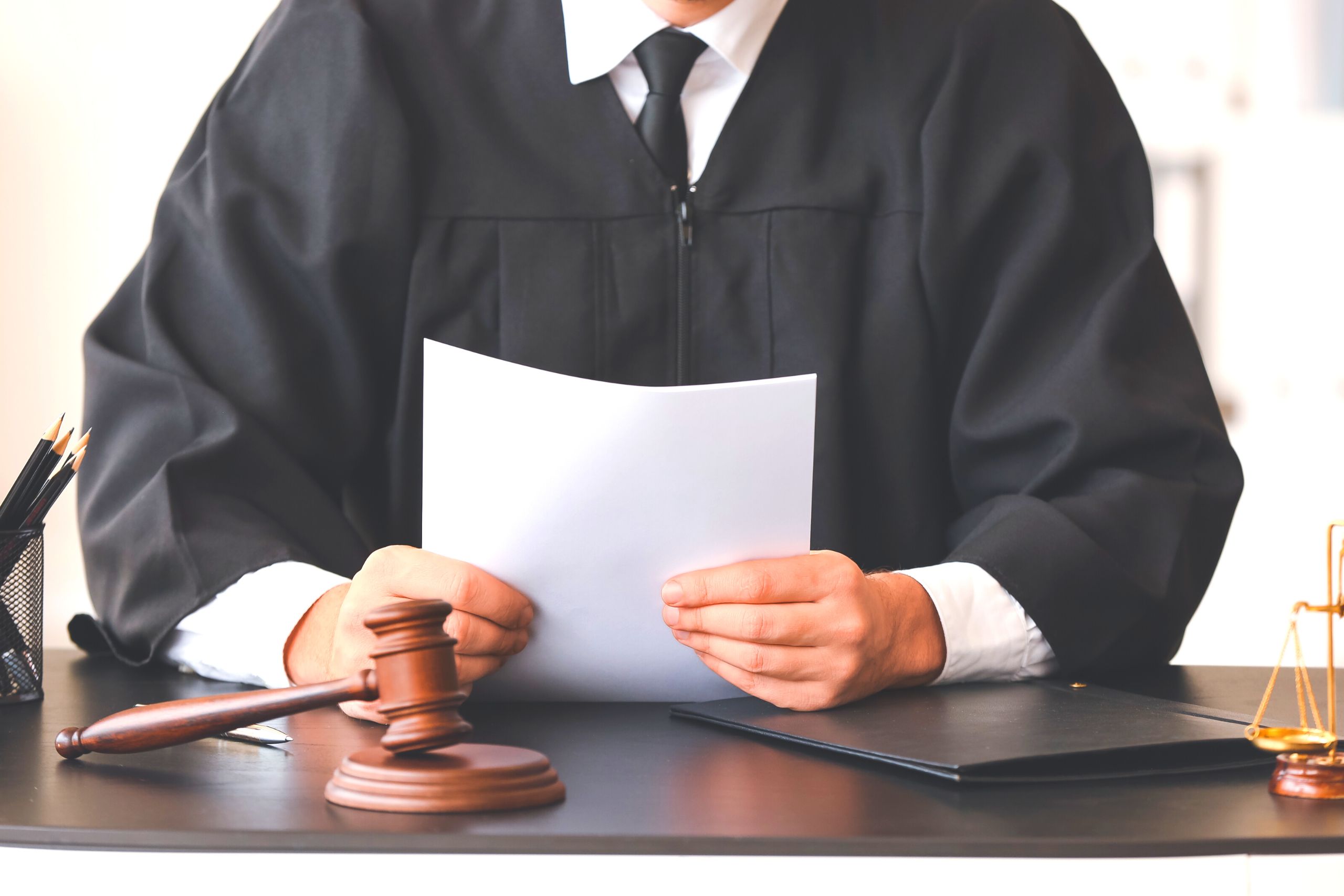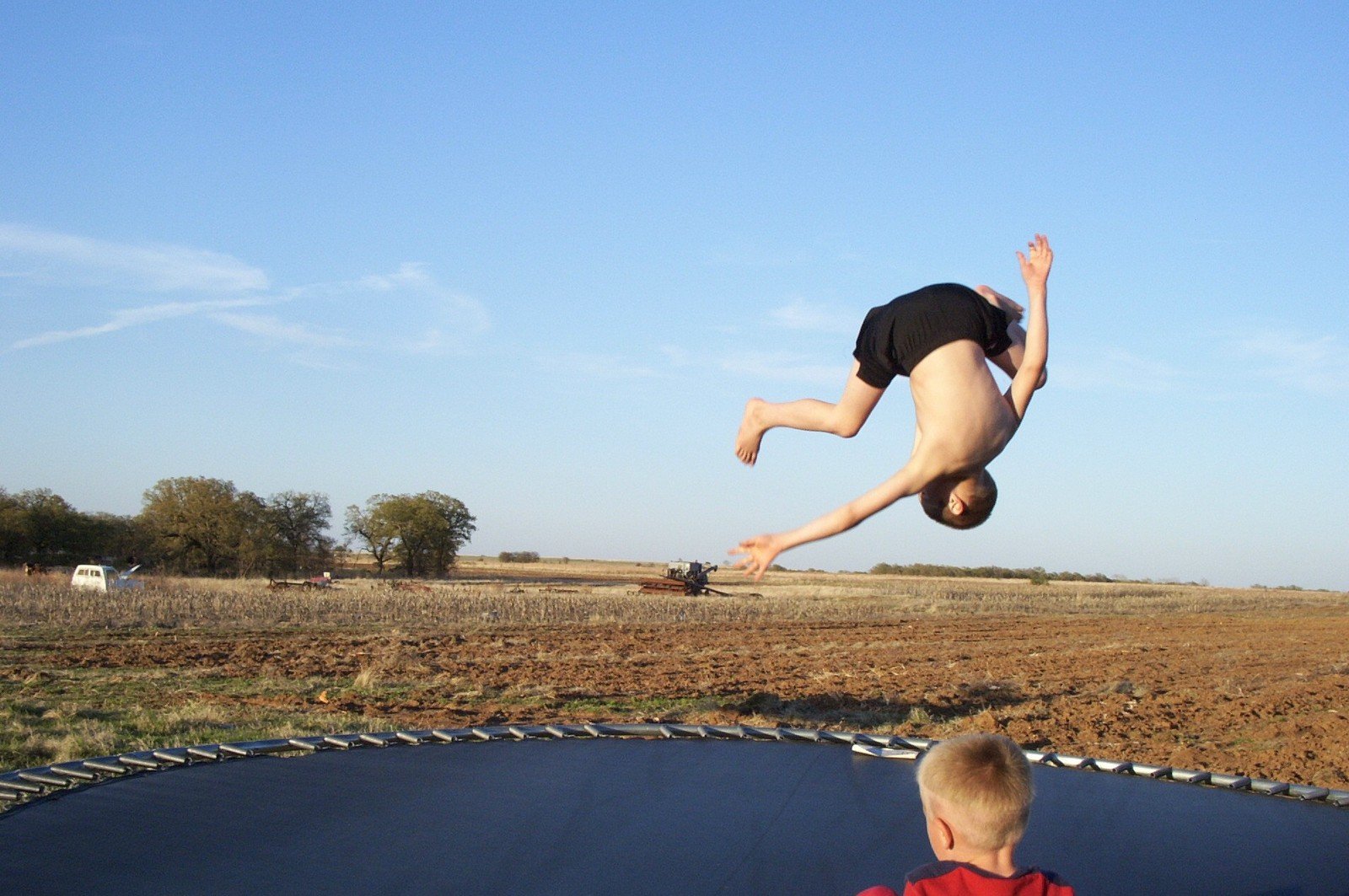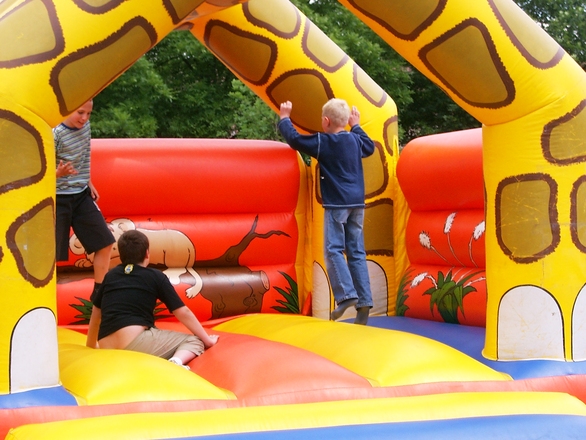One of the more unique elements of Florida injury law is the dangerous instrumentality doctrine. It essentially allows the owner of a vehicle to be held legally responsible for damages inflicted by negligent operation of that vehicle, even if it wasn’t the owner who was driving. As a Broward injury lawyer can explain, it’s an…
Continue reading ›Articles Posted in Broward injury attorney
As a plaintiff (or potential plaintiff) in a Broward personal injury case, you may be curious what happens if the party you’re suing simply doesn’t answer or show up. What could happen is a default judgment. However, as our Broward injury lawyers can explain, that isn’t always the best case scenario. Default judgments are often…
Continue reading ›The U.S. Supreme Court is considering a question that concerns Florida personal injury plaintiffs. Specifically, should the state’s Medicaid program be allowed to seek reimbursement for past medical care by siphoning personal injury lawsuit settlement funds that are expressly dedicated to future medical expenses? As our Fort Lauderdale personal injury lawyers can explain, this could…
Continue reading ›Employers have a responsibility to provide a safe working environment. Failure to do so may result in a fine by government regulators. Workers’ compensation – the exclusive remedy for employees against their employers for job-related injuries – is paid on a no-fault basis. That means workers who are injured in Florida don’t need to prove…
Continue reading ›A South Florida woman has filed a car accident lawsuit in Broward Circuit Court, alleging negligence resulting in serious injury, pain, disability, disfigurement and something known as “loss of life enjoyment.” Such damages are typical to seek in Florida crash injury claims, but this last one is what we want to focus on here. While…
Continue reading ›Trampoline parks have been cropping up in Broward County and throughout the country, offering children a chance to literally bounce off the walls to burn some energy. They are especially popular in South Florida in the summer, where parents and caregivers need something fun and active to keep kids occupied while still keeping them out…
Continue reading ›Last Memorial Day, a six-year-old child lived through a terrifying ordeal on Fort Lauderdale Beach Park when the bounce house she and two others were in took flight and sailed at least 20 feet before dropping hard to the ground. Now, she girl has filed a personal injury lawsuit in Fort Lauderdale, accusing both the…
Continue reading ›



















